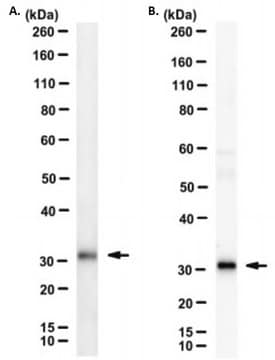GF35432221
Tantalum
rod, 50mm, diameter 10.0mm, annealed, 99.9%
Synonym(s):
Tantalum, TA007940, Ta
Sign Into View Organizational & Contract Pricing
All Photos(2)
About This Item
Empirical Formula (Hill Notation):
Ta
CAS Number:
Molecular Weight:
180.95
MDL number:
UNSPSC Code:
12141741
PubChem Substance ID:
NACRES:
NA.23
Recommended Products
vapor pressure
<0.01 mmHg ( 537.2 °C)
Assay
99.9%
form
rod
autoignition temp.
572 °F
manufacturer/tradename
Goodfellow 354-322-21
resistivity
13.5 μΩ-cm, 20°C
L × diam.
50 mm × 10.0 mm
bp
5425 °C (lit.)
mp
2996 °C (lit.)
density
16.69 g/cm3 (lit.)
SMILES string
[Ta]
InChI
1S/Ta
InChI key
GUVRBAGPIYLISA-UHFFFAOYSA-N
General description
For updated SDS information please visit www.goodfellow.com.
Legal Information
Product of Goodfellow
Certificates of Analysis (COA)
Search for Certificates of Analysis (COA) by entering the products Lot/Batch Number. Lot and Batch Numbers can be found on a product’s label following the words ‘Lot’ or ‘Batch’.
Already Own This Product?
Find documentation for the products that you have recently purchased in the Document Library.
Robert Cohen
American journal of orthopedics (Belle Mead, N.J.), 31(4), 216-217 (2002-05-15)
Conventional materials used for orthopedic reconstruction implants limit the design of new and improved implants. Solid metal is rigid. Porous fixation surfaces have low volumetric porosity available for biologic ingrowth and low frictional characteristics for initial implant stability and have
J Black
Clinical materials, 16(3), 167-173 (1993-12-09)
A detailed literature search was carried out to define the current knowledge about the biological performance of tantalum. The pure metal appears, to a great degree, to be inert both in vivo and in vitro. Both the pure metal and
Brett Levine et al.
The journal of knee surgery, 20(3), 185-194 (2007-08-02)
Porous tantalum represents an alternative metal for primary and revision total knee arthroplasty (TKA) with several unique properties. Tantalum is a transition metal, which in its bulk form has shown excellent biocompatibility and is safe to use in vivo as
Nilesh Patil et al.
Journal of biomedical materials research. Part B, Applied biomaterials, 89(1), 242-251 (2008-10-08)
Conventional porous-coated joint prostheses used in hip and knee reconstruction have demonstrated good clinical results, however, these implants possess some inherent shortcomings such as low volumetric porosity, suboptimal frictional characteristics, and higher modulus of elasticity relative to that of bone.
Paul S Issack
The Journal of bone and joint surgery. American volume, 95(21), 1981-1987 (2013-11-08)
➤ Over the past decade, porous tantalum has emerged as a powerful tool for reconstruction of the failed acetabular component.➤ The increased porosity, high coefficient of friction, and favorable elastic modulus of porous tantalum compared with traditional titanium mesh or
Our team of scientists has experience in all areas of research including Life Science, Material Science, Chemical Synthesis, Chromatography, Analytical and many others.
Contact Technical Service






